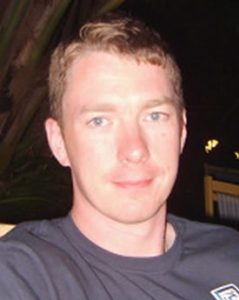Economic Geographers honoured with 2016 RGS-IBG medals
EGRG is proud to celebrate the achievements of two intellectual heavyweights in Economic Geography, who have been awarded Royal Medals by the RGS-IBG as part of a series of awards honouring top geographers. The Society’s prestigious medals and awards recognise extraordinary achievement in geographical research and the promotion of geography, science and discovery.
Ron Martin, Professor of Economic Geography at the University of Cambridge, has been awarded the Victoria Medal for 2016 ‘for outstanding contributions to the field of economic geography, especially with respect to advances in regional economic development theory’.
Michael Storper, Professor of Economic Geography at the London School of Economics and Political Science, received the 2016 Founder’s Medal for scholarship and leadership in human and economic geography. His research work focuses on contemporary forces of globalisation, technological development, and industrial change.
This is excellent news for the international Economic Geography community, and a clear reflection of the major strength, vibrancy and impact of research in our field.

![IMG_4256[1]](https://egrg.org/wp-content/uploads/2015/09/IMG_42561-1-225x300.jpg)




